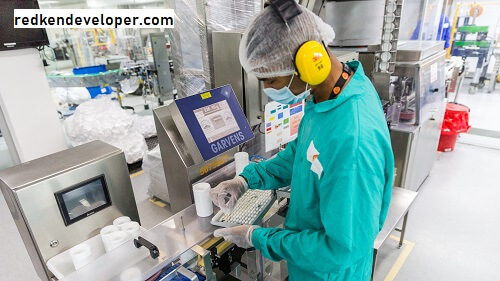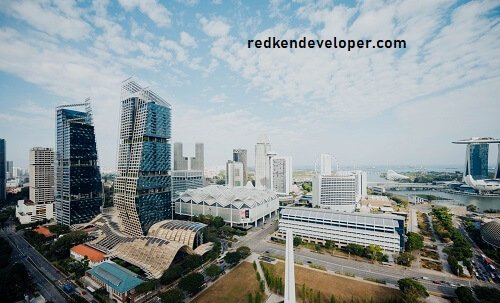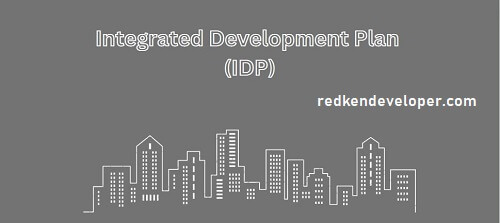Ment Plancounty Integrated Development — Sustainable Holistic Horizontally Digital Way:
Ment Plancounty Integrated Development:
In a world that is changing as fast we are, there has never been such an urgent demand for unified and sustainable strategies of development. Ment Plancounty Integrated Development Initiative (MPIDI), is a new type of plan taking on all the complexity that 21st century settlements deal with and endure, so this re-forecast brings some welcome news. The scale of this initiative is in and off itself laudable — but the holistic, inclusive methodology Virginia applied when going after it really lays down a marker that others might want to follow.

Understanding MPIDI:
Ment Plancounty Integrated Development:
The MENT PLANCOUNTY Integrated development initiative is an extensive strategycentred on investments and growth in the various connected sectors ofthe human ecological system that characterise this part of theregion. It aims to combine economic, social and environmental development with infrastructural planning into a holistic strategy that will cater for both current needs but also those of the future.
Key Objectives of MPIDI:
Ment Plancounty Integrated Development:
1. Alberta Economic Development and Trade
MPIDI is, fundamentally an economic sustainability play. It is built on the belief that economic multipliers are created to prevent relying of a single industry or sector.
A robust economy includes technology, industry/economic diversity of rural and urban with agriculture being a distinct category based on relevance to each region; as well as tourism in the mix that acts as an econologic foundation broadly distributing prosperity out-reaching market conditions where MPIDI can impact world economic shifts.
The initiative will also try to promote an innovation and entrepreneurship culture, give investment incentives via systematic exemptions from critical labour laws and special opportunities for SMEs in government procurement.
2. Social Inclusive and Equity:
The social inclusivity aspect of the MPIDI. The intention is not only to enable all residents, regardless of their fortune or misfortune’, which must be the motto for cultural and business benefits from growth in region. This looks like access to quality education, healthcare and affordable housing. MPIDI also works with different communities to ensure that marginalized or underrepresented populations are able to contribute their voices in planning and policy decisions.
3. Environmental Sustainability:
Environmental sustainability, which is among the key thrusts carried out by MPIDI. The sustainability program also focuses on methods to conserve and awarding rewardz wildlife, ways of reducing your carbon footprints / Greenhouse gas emissions as well as making use green technologies. Such as, this may take the form of multiple measures from enhancing these products energy efficiency to designing new waste reduction programs or protecting local ecosystem. It also advocates for long-term sustainable transportation and plans that ensure ecological and social resiliency through green infrastructure.
4. Building and Improving Infrastructure
MPIDI from the infrastructure perspective The program takes into account timely modernization and further development of strategic infrastructures, including transport systems, utilities and social facilities. The MPIDI is looking to enhance residents quality of life and promote economic activity by investing in smart infrastructure also known as urban tech solutions. Which means rebuilding our nation’s roads and bridges, updating its public transit systems so people can get the clean water they depend on.

Implementation Strategies:
Ment Plancounty Integrated Development:
1. Collaborative Planning:
One of the big advantages for MPIDI is this emphasis on planning together. There is no fee for the program as it a collaborative of local governments, businesses owners and nonprofits organizations providing support in their respective communities over condo waste. Workshops: we convene workshops and engagement sessions which synthesize the perspectives within the creation of a design Collaboration solidifies consensus, engenders faith and results in greater coherence of policies.
2. Data-Driven Decision Making:
For all intents and purposes, MPIDI is a “data” based decision making aid. This involves the use of data analytics as well as geographic information systems (GIS) to track trends, assess demand and measure outcomes from different interventions. Thus, organizing on proof and thereby reducing waste of resources. But instead this should be for measuring and evaluating the performance of MPIDI process only (e.g., against their superior capabilities) which could help them to get better over time or even to adapt well in new situations.
3. Engagement and Enablement with the community:
A culture of community engagement underpins the successes of MPIDI. It’s a project built on the idea that folks who genuinely support “smart growth” understand sustainable development to mean involvement (how citizens can act locally). We aim to serve the community by conducting outreach, public consultations and education campaigns so that all users of its environment have a say in their future. Its not only empowering but it has connection with people and their demands, expectation there by making Development sustainable too.
4. 17- Finance and Resource Management:
Implementation of an MPIDI requires access to funding and other resourcing. A blend of public and private funding, including government grants, corporate investments and philanthropic donations underwrite this initiative. Used strategically, this would allow MPIDI to bring promised improvements for special projects and new initiatives as well guaranteeing our developement efforts are either gauranteed long term support or we can easily provide progressment.
Challenges and Solutions:
Ment Plancounty Integrated Development:
A comprehensive and ambitious blueprint notwithstanding, MPIDI faces several headwinds as it takes the next steps. In order to tackle a challenge they require out of the box thinking and modules that are adaptive in nature.
1. The fine art of growth vs tradition:
What too can we explore further is, how do we balance dynamic growth with a sense of ecology? Not for a wall, but to consider the consequences of such development so quick it runs out our small resources dry and we erase what little green that remains. Solution: Factoring environmentally the aspects of planning and development – Enabling MPIDI Such steps include establishing environmental impact assessments, promoting sustainable land use practices and tree planting.

2. Equitable Share of Benefits:
This would also be the second challenge if it happens, as well that how to inject and accommodate all segments of society on equally base in return for development. Programmes and policies by the MPIDI are intentionally crafted to address needs of such marginalized communities. That includes bringing affordable housing, job training programs and community services to his district.